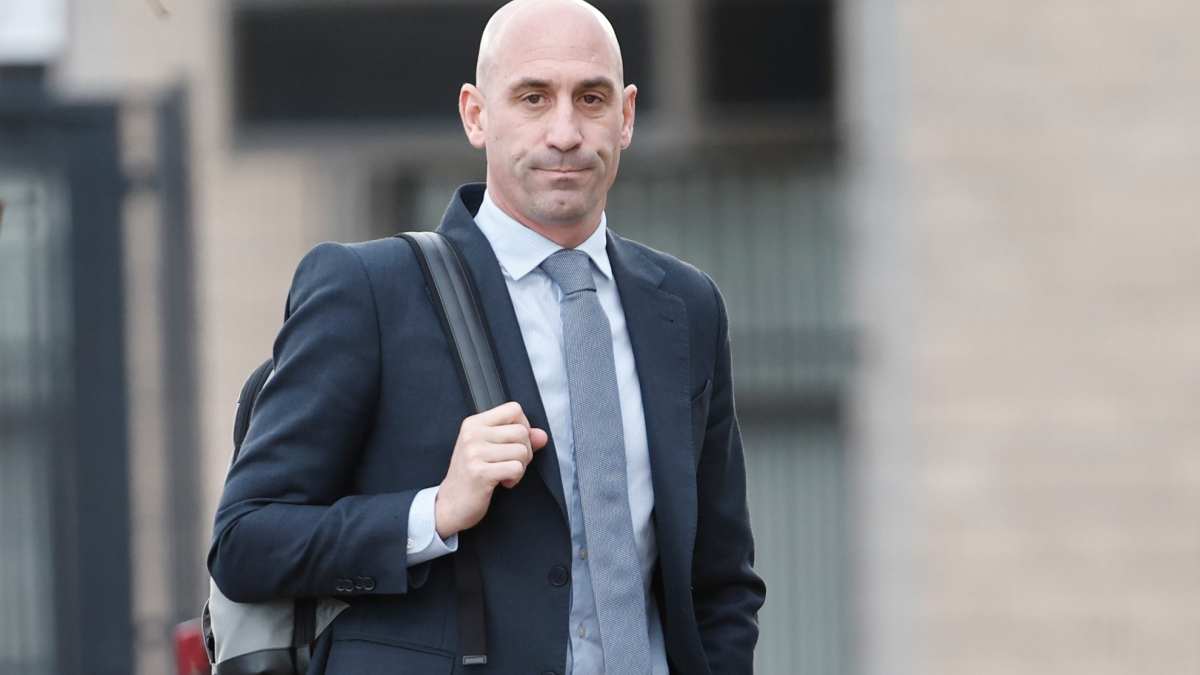
Luis Rubiales Sentenced for Unwanted Kiss on Jenni Hermoso
The verdict is in—Luis Rubiales, the former president of the Spanish Football Federation (RFEF), has been sentenced to 18 months of fines for sexually assaulting footballer Jenni Hermoso. This decision comes after the controversial moment at the Women’s World Cup final in 2023, where Rubiales forcefully kissed Hermoso during the medal ceremony. The case gained international attention, sparking debates on consent and power dynamics in sports.
The court has ruled that Rubiales must pay a daily fine of 20 euros for the next 18 months, amounting to a total of 10,800 euros. Additionally, he has been issued a restraining order, prohibiting him from coming within 200 meters of Hermoso or contacting her in any way for one year. However, despite the conviction for sexual assault, Rubiales has avoided prison time.
Also Read:- Robert De Niro Shines in Thrilling Cyber-Conspiracy Drama ‘Zero Day’
- Sunwing Flight Cancellations Leave Passengers Stranded and Frustrated
Interestingly, the court has acquitted Rubiales and three other accused—former women’s national team coach Jorge Vilda, ex-director of men’s football Albert Luque, and former RFEF marketing chief Rubén Rivera—of coercion charges. Initially, the prosecution sought a harsher sentence, arguing that the kiss was non-consensual and that Rubiales, along with his associates, pressured Hermoso to publicly defend his actions.
Throughout the trial, Hermoso testified that she did not consent to the kiss and felt shocked and powerless in the moment. "He grabbed my head with his hands and kissed me. I didn’t have time to react," she stated. Rubiales, on the other hand, defended himself by claiming he had asked for permission, though no clear evidence supported this assertion.
The judge acknowledged that Rubiales' actions constituted an act of sexual aggression, emphasizing that an unsolicited kiss of this nature is not a normal form of greeting but rather an abuse of power with clear sexual connotations. However, he justified the fine instead of a prison sentence, arguing that it was a one-time incident and did not require rehabilitation.
While Rubiales’ legal team maintains his innocence, the ruling marks a significant moment in the ongoing conversation about accountability in sports. It sends a message that inappropriate behavior, even from figures in positions of power, will face consequences—though some argue the punishment is too lenient. The decision can still be appealed, meaning this legal battle may not be over yet.
Regardless of the outcome, this case has left a lasting impact on women’s football and the broader fight for respect and dignity in the sporting world.
Read More:

0 Comments